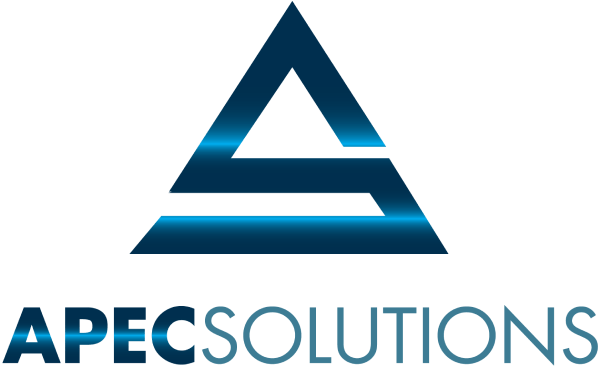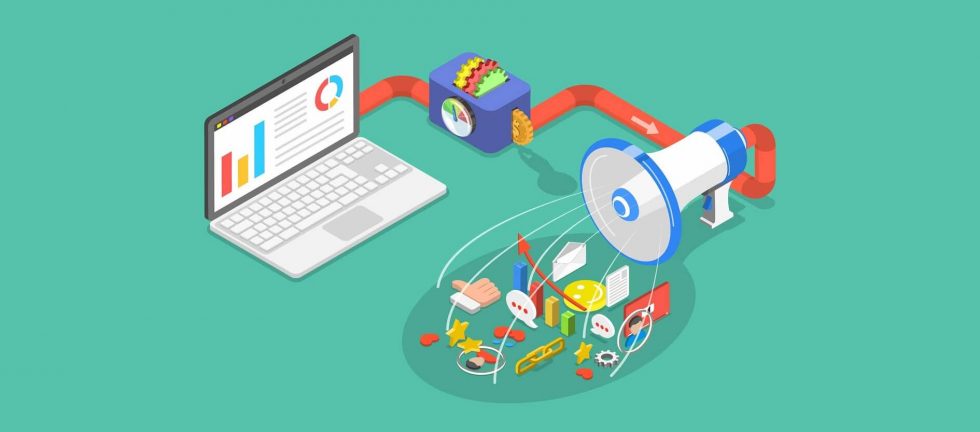What is digital marketing? The term ‘digital marketing’ seems to be so easily thrown in this digital age. Online marketing, internet or digital advertising, we’re sure you’ve heard it all.
That being said, digital marketing is the norm in 2021. Companies are channeling their advertising budget into digital channels due to the proliferation of internet and new media usage.
So, put simply, digital marketing is transforming how consumers purchase and interact with brands. Digital marketing is primarily data-driven compared to traditional marketing methods such as print, billboards, and TV.
Through the mergence of the internet and technology, we are able to collect and analyze data of different customer behaviors or user engagements. This enables us to facilitate more personalized content and advertisements towards specific audiences for better engagement and results.
What is Digital Marketing?
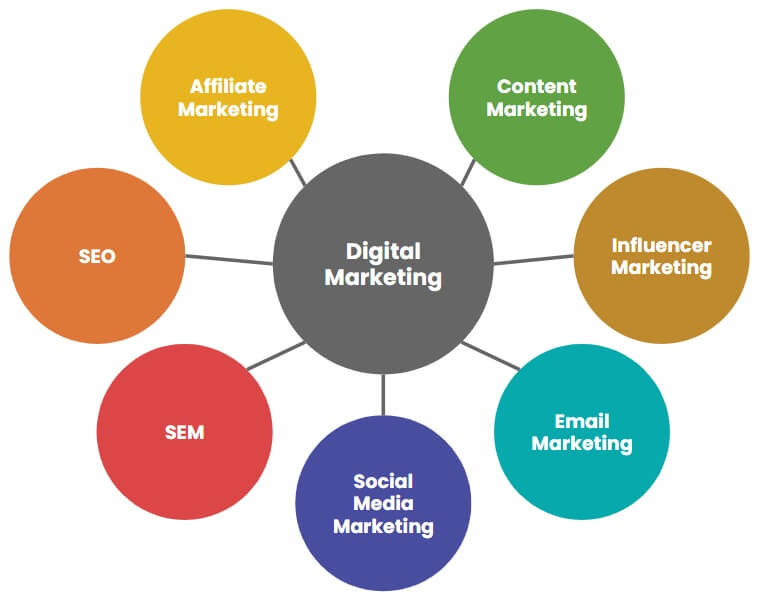
Digital marketing basically refers to any marketing efforts that are delivered online through both conventional and unconventional channels. These include websites, social media channels, search engines, emails, mobile applications and more, whether for a product or service.
Some examples of paid and non-paid digital marketing channels include:
- Search engine optimization (SEO)
- Search engine marketing (SEM) / Pay-per-click advertising (PPC)
- Email marketing
- Social media marketing
- Content marketing
- Influencer marketing
- Affiliate marketing
This list is non-exhaustive; there are plenty of methods that digital marketers adopt to target their online audiences.
Now, you must be wondering, why is this so important? How is this related to me – as a business owner, a marketer, an employee or a consumer?
Importance of Digital Channels

According to Statista, the number of smartphone users around the globe today surpasses a whopping 3 billion! It is expected to grow by a few hundred million over the next few years.
This means that more and more people are surfing the net, using digital media and moving online. Hence, the inherent need for businesses to shift to an online strategy is more vital than ever before.
Digital marketing is thus widely employed by many businesses – big or small – due to its versatility and scalability. The online strategies also allow marketers to track the efficiency of their budget and efforts, and whether they are achieving the intended business goals.
Here are some ways how digital marketing can benefit you and your business:
Decrease costs, increase revenue
It is known that traditional marketing can be extremely costly, especially if the campaign turns out to be less effective than expected. However, for digital marketing, you can reduce your costs by adjusting variables in your campaign along the way.
Let’s say, if audience A proves to be less effective than audience B, you can simply cut off the resources channeled to advertising to audience A. This method of A/B testing is commonly adopted for companies to understand more about consumer behaviour as well.
Target the right audiences
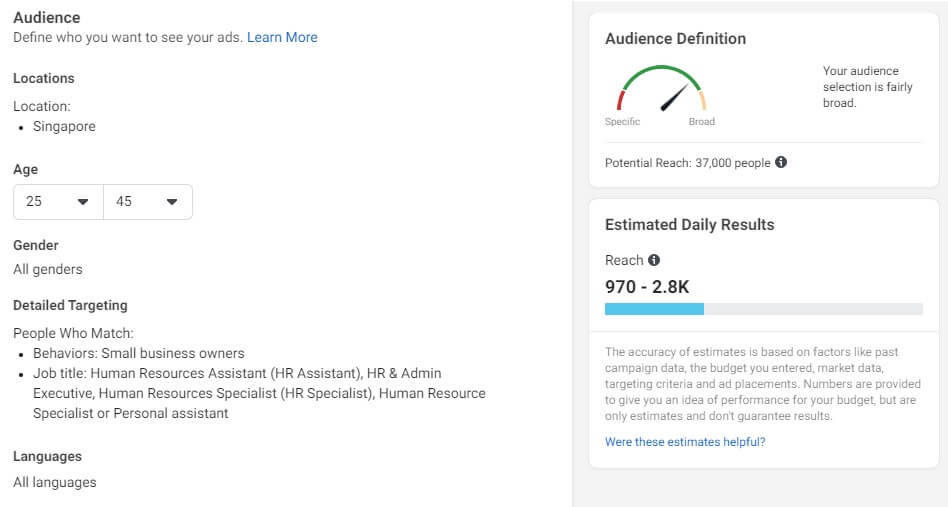
Unlike traditional advertising, digital marketing platforms allow marketers to target a specific audience based on options such as demographics, interests, geographic location, and even the device used. By doing so, brands can connect with the right audience at the right time to make full use of their marketing efforts.
Spread brand awareness
Digital marketing has the power to bring your brand to the masses, the right customers and help to shape a positive brand reputation amongst those who matter. Reach your target audience where they are spending the most time on with these digital marketing tactics.
Increase your reach
Regardless of the size of your business, digital marketing can be a cost-effective measure to expand and widen your reach. Not only can you reach consumers across Singapore, but also across the world if you plan to expand internationally.
Trackable, measurable and scalable
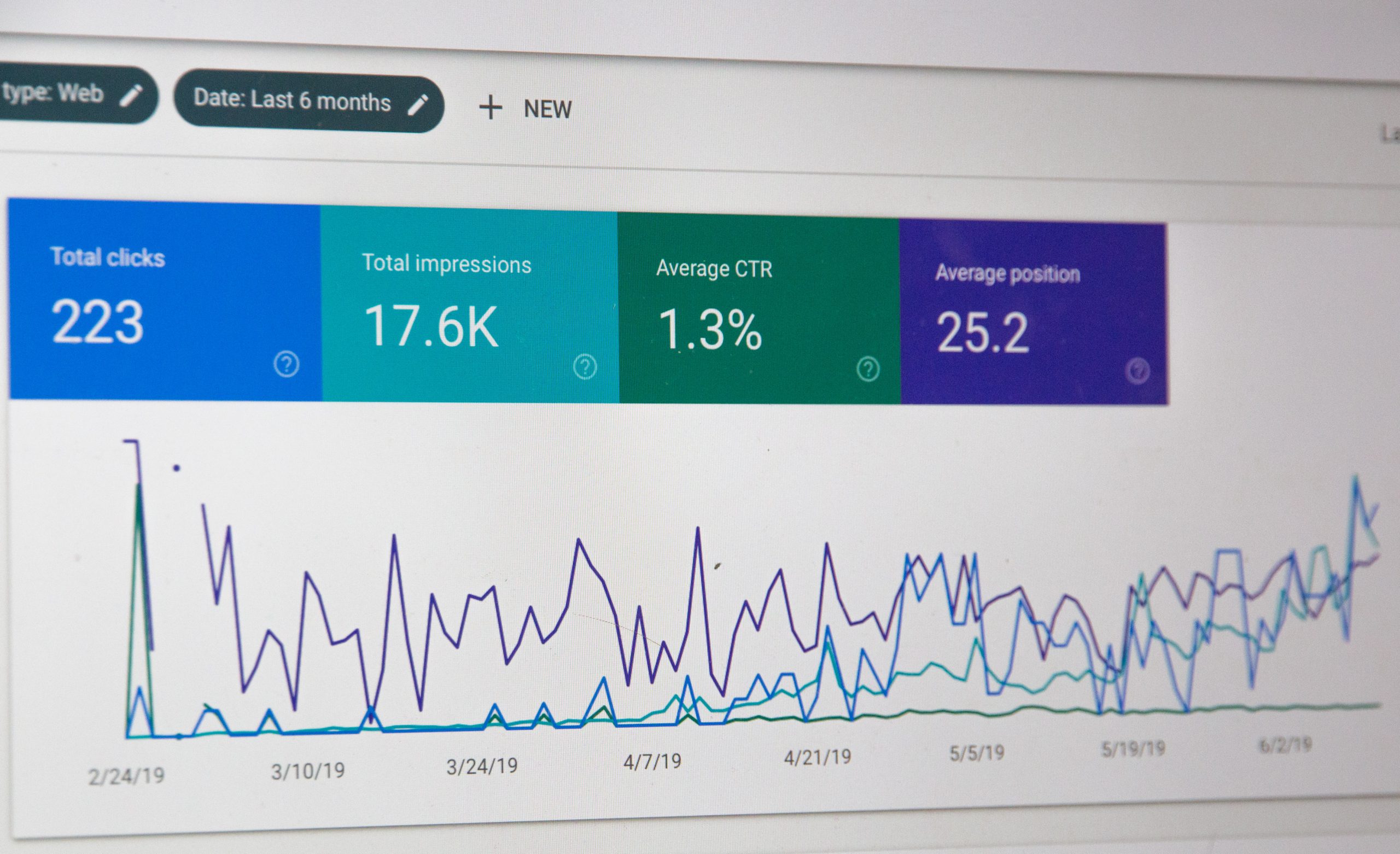
The advancement and accessibility of technology make it easy for marketers to measure the efficacy of their campaigns. Marketing automation is the in thing now. With digital analytics dashboards, marketers can utilise and leverage real-time data to tweak their campaigns, adjust budgets and increase the ROI of their efforts.
What Kind of Digital Marketing Strategies are There?
You’ll be relieved, and maybe a little overwhelmed to find out that there are dozens of ways to go about digital marketing. Different channels have their own strategies and tools that marketers can use to achieve their business goals.
Email marketing

Email marketing consists of everything ranging from sales announcements to weekly newsletters for people who subscribe to your emails.
Most people use email service providers such as Mailchimp to help them execute their email marketing campaigns efficiently. However, if you’re rather new to this and unfamiliar with how to run your own campaign, specialists are always there to help you craft the best strategy.
One of the benefits of email marketing lets you reach consumers right into their inboxes, thus allowing you to connect directly with your audiences. Consequently, this can help to keep costs low and improve your ROI.
Social media marketing
With the rise of new platforms like TikTok and LinkedIn, it can be a little daunting to catch up. But these platforms are also where your potential customers spend the most time on.
Social media is an important tool to shape your brand identity, spread awareness, and draw connections with people who engage with your brand.
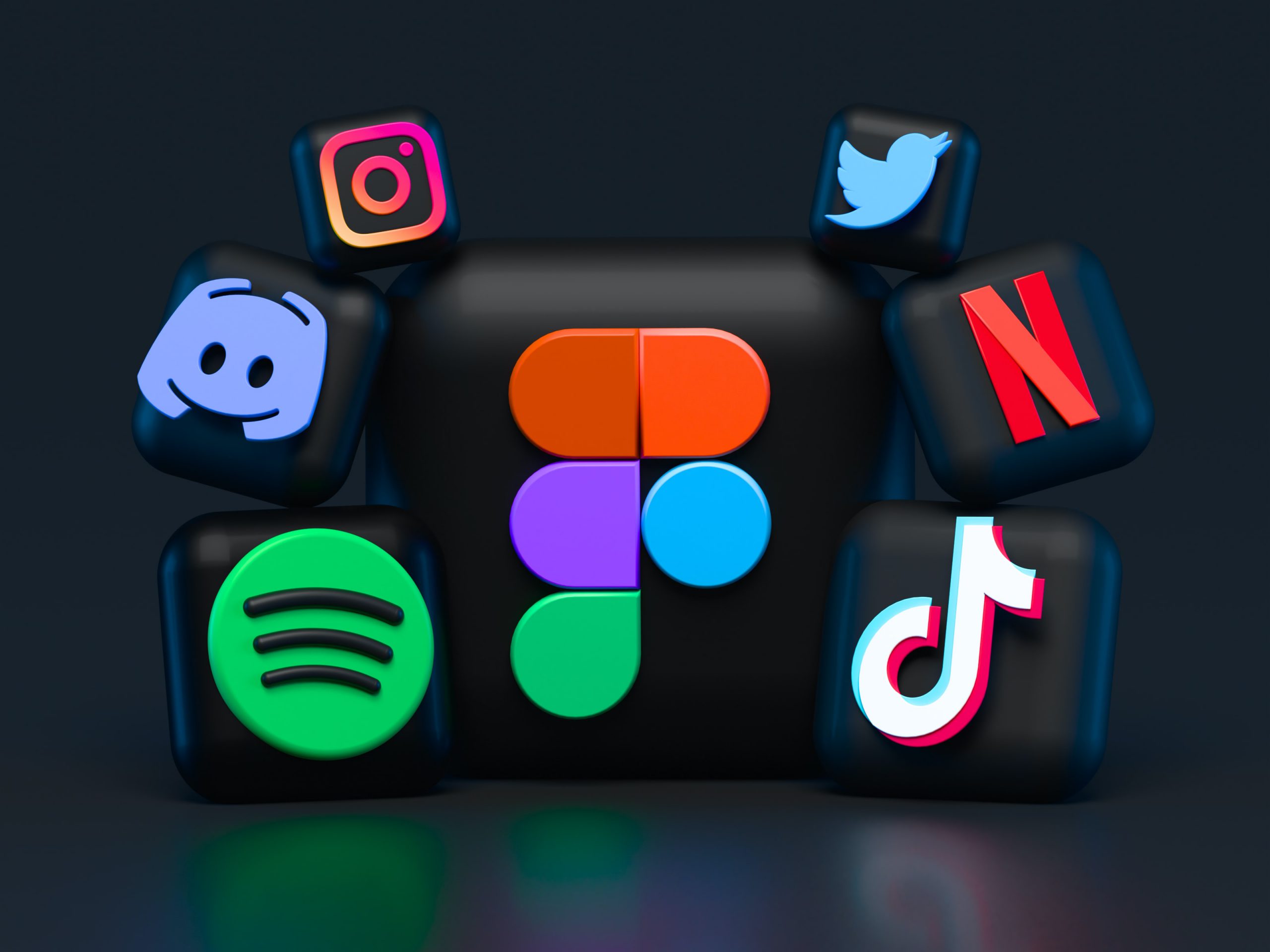
The best part is also how social media marketing provides data analytics on your marketing campaigns. Not only will you see who’s looking at your story, clicking into your ad, you can also learn about audience composition and their preferences.
In short, social media marketing is crucial in building online communities and relationships with your consumers. Over time, these can help your marketing team to build brand loyalty and foster customer relationship.
Search engine optimization (SEO)

Search engine optimization (SEO) is a digital marketing strategy to make your website more visible in search engine results pages. The ideal is always to rank amongst the top 10, or in the first page.
A SEO strategy consists of two main page-ranking categories: on-page SEO and off-page SEO. On-page SEO focuses on optimizing elements of your website that are within your control. On the other hand, off-page SEO focuses on increasing your domain authority through acquiring quality backlinks from other websites.
Some SEO techniques include optimizing your website content, enhancing your site structure, and inserting inbound and outbound links.
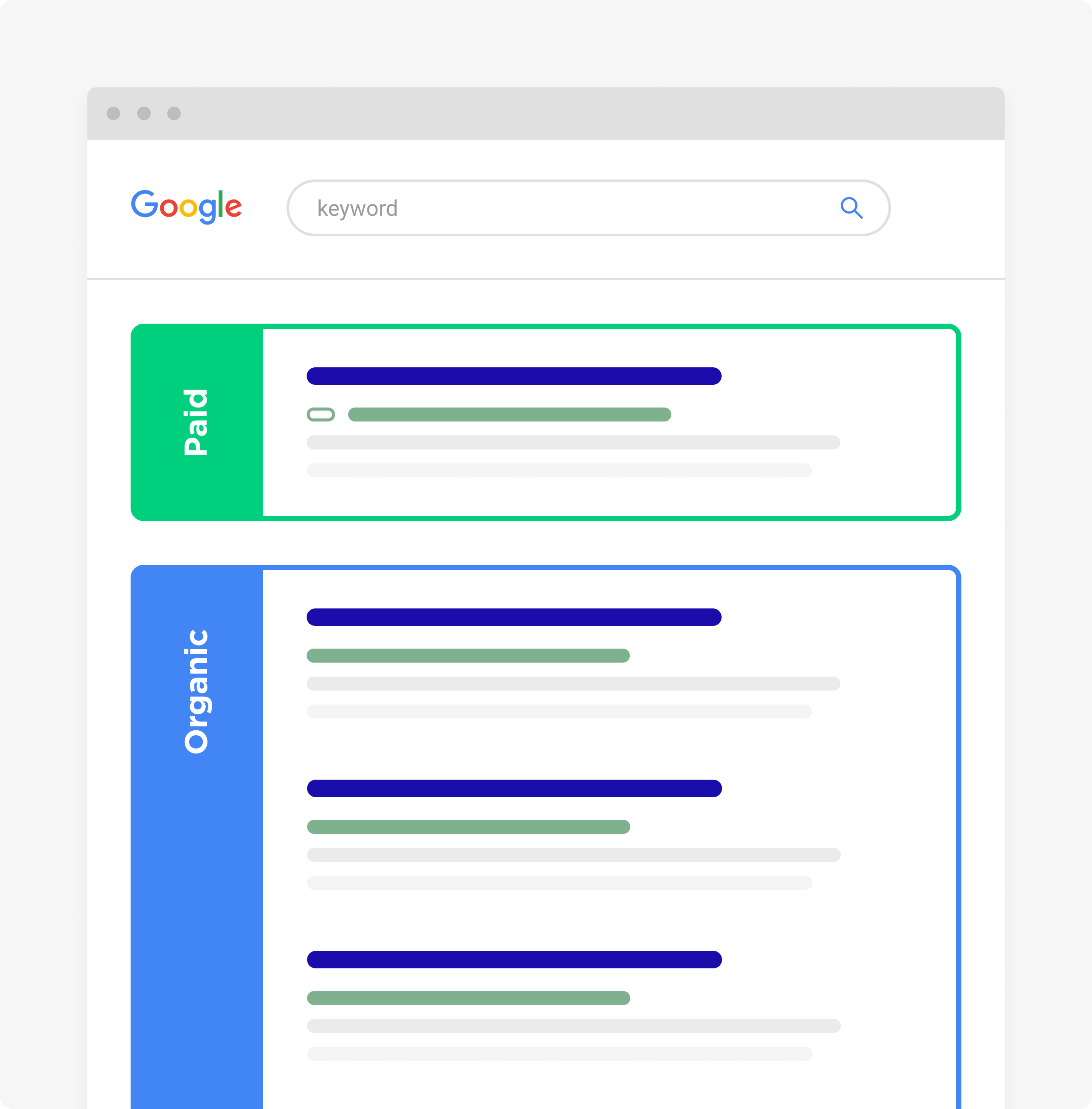
Search engines, such as Google, need to know that your website is relevant, safe and trustworthy for them to direct more people to your page. This is based on things such as reviews on your businesses, mentions of brand name from reputable sources, social media sharing, and a good, optimized website.
Search engine marketing (SEM) / Pay-per-click advertising (PPC)
Search engine marketing (SEM), also known as pay-per-click (PPC) advertising, is a paid online marketing strategy. We’ve all Google-d things before, and if you’ve been observant enough, you would have noticed that some ads appear at the top of the results page.
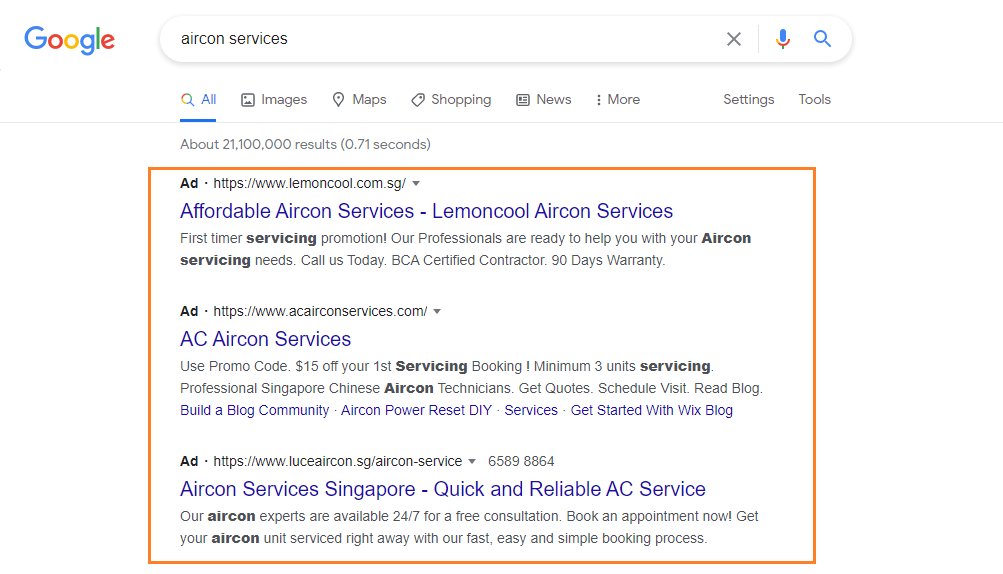
These ads are served by Google Ads, used to ensure that your ad is appearing when people search for relevant keywords. Due to the high positioning, ads enjoy many clicks. This can mean increased traffic, more potential leads and sales to improve your business.
Content marketing
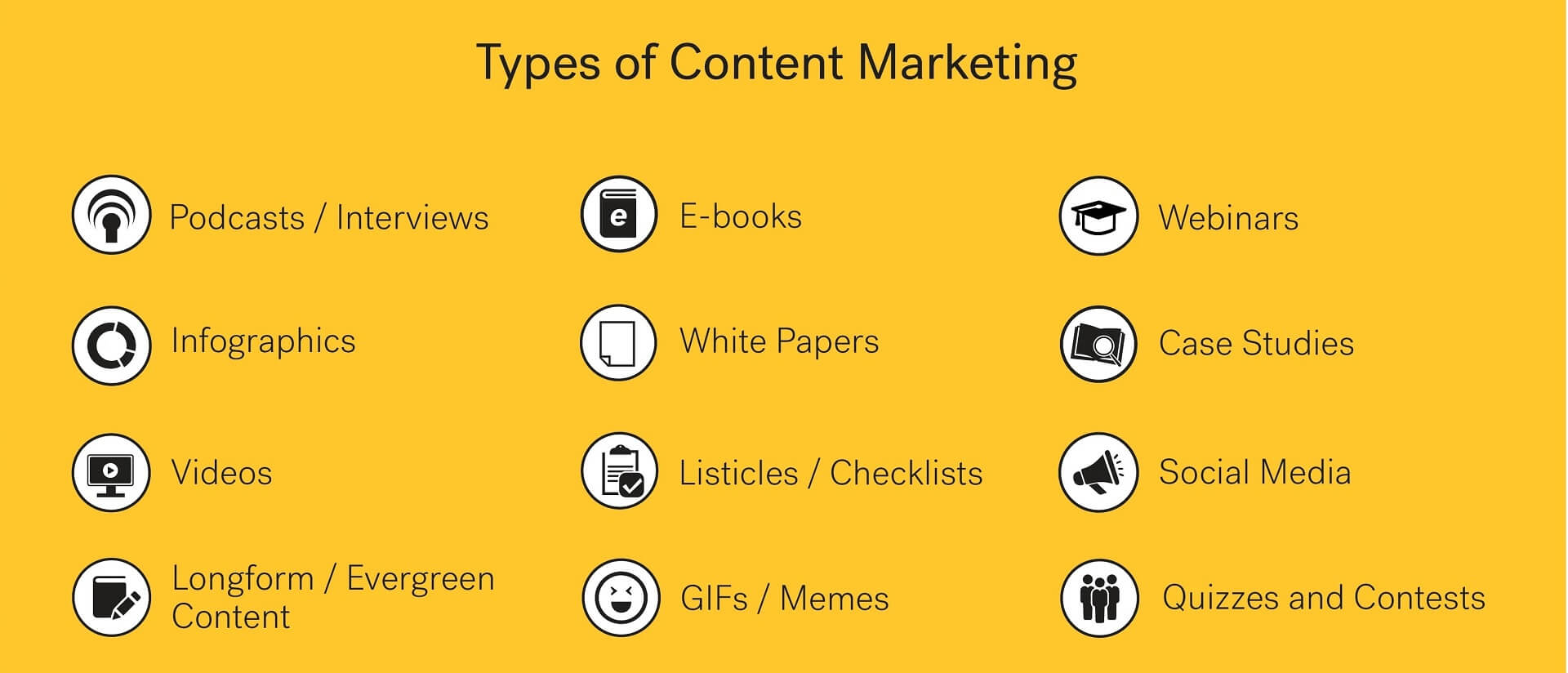
Last but not least, content marketing includes producing and promoting content online. Whether it’s text, visual or audio, content marketing has proven to be an integral step to build trust with your consumers. These include assets such as blog articles, videos, podcasts, social media content and many others.
The better your content, the more chances your brand can appear at the top of search engines. This essentially makes your marketing efforts more successful too!
Who is Digital Marketing for?
Well in short, it’s for everyone! Small businesses are given the opportunity to spread their name and compete with other businesses. Bigger ones are able to build a strong online community and rank in search engines.
Hopefully, reading this article has given you a clearer understanding of what is digital marketing all about! Regardless of business size, digital marketing actually levels the playing field for everyone. All in all, businesses can stay competitive and profitable in the digital arena by deploying an effective digital marketing strategy.
Ready to Elevate your Business to the Next Level?
Discover how we can help accelerate your business growth through our FREE digital strategy session. Let’s Work Together
